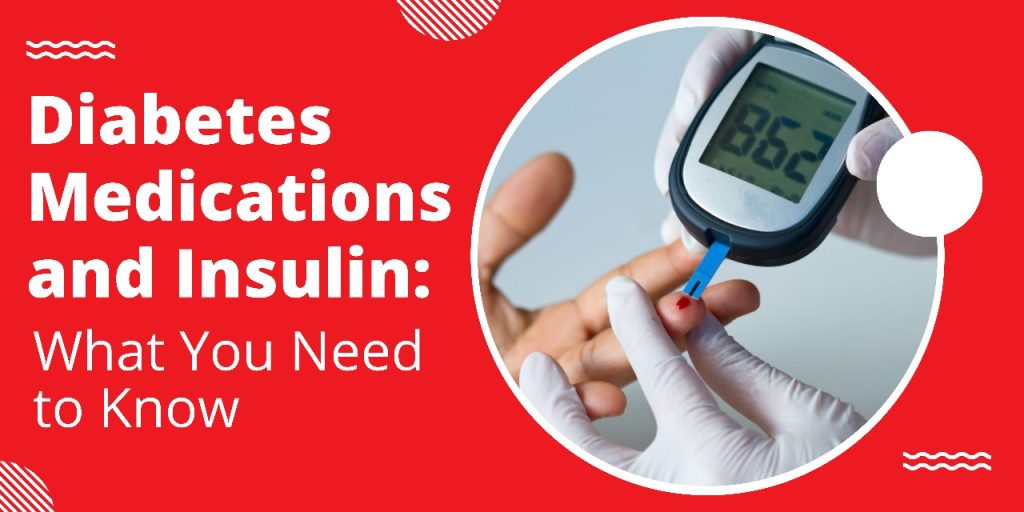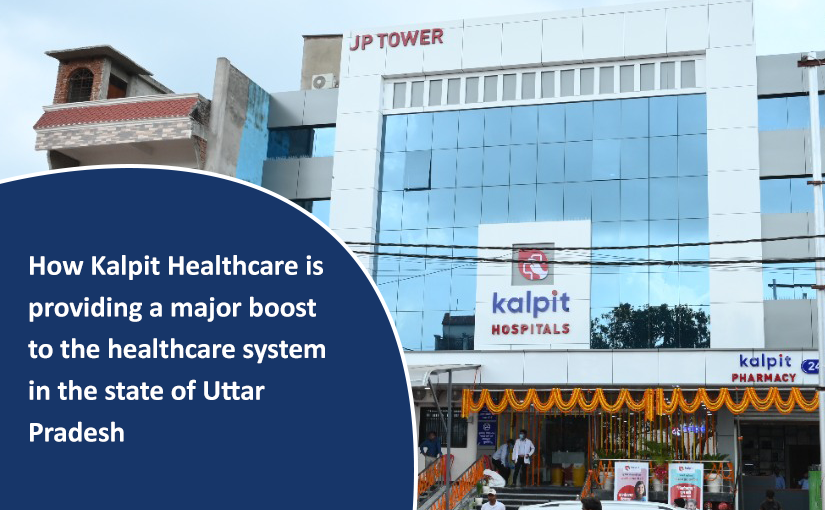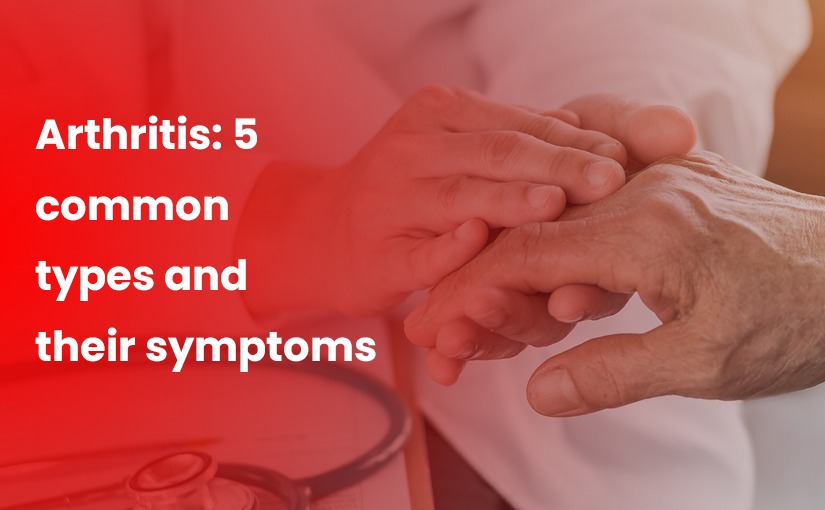Diabetes, now a chronic disease, affects millions of people across the globe. Kalpit Hospital, the multispecialty hospital in Khalilabad, Uttar Pradesh, provides an informative guide on diabetes medications and insulin therapy. As a leading healthcare institution, we understand the value of educating our patients. Effective diabetes management necessitates a thorough understanding of the available medications and insulin options. These are critical in controlling blood sugar levels. This blog will provide essential information you need to know to navigate the world of diabetes treatments.
Understanding Diabetes
Diabetes is a condition in which the body\’s ability to regulate blood sugar (glucose) levels is impaired. Diabetes has types – type 1 and type 2. In Type 1 diabetes, the body does not produce insulin, a hormone required for cell glucose uptake. Type 2 diabetes develops when the body does not use insulin effectively or produces insufficient insulin.
Diabetes Medications
-
Oral Medications:
There are different types of medications available to help lower blood sugar levels in individuals with diabetes.
Metformin is one such medication that works by improving the body\’s response to insulin and reducing glucose production in the liver.
Sulfonylureas are another type of medication that stimulates the pancreas to produce more insulin, thereby helping lower blood sugar levels.
DPP-4 inhibitors are a third type of medication that enhances the body\’s natural ability to lower blood sugar levels by blocking the action of the DPP-4 enzyme.
Lastly, SGLT-2 inhibitors can also help lower blood sugar levels by preventing the kidneys from reabsorbing glucose into the blood and removing it through urine.
-
Injectable Medications:
GLP-1 Receptor Agonists are a type of injectable medication that helps to lower blood sugar levels. They achieve this by stimulating the release of insulin, suppressing the secretion of glucagon (a hormone that raises blood sugar), and slowing down stomach emptying.
Amylin Analogs are another type of medication that can help to regulate blood sugar levels. These medications mimic the hormone amylin, produced naturally by the body, to slow down stomach emptying and reduce blood sugar levels after meals. By doing so, Amylin Analogs can help to keep blood sugar levels under control.
Insulin Therapy
-
Rapid-Acting Insulin:
Lispro, Aspart, and Glulisine insulins act fast to reduce blood sugar levels after meals, imitating the body\’s natural insulin response.
-
Short-Acting Insulin:
Regular insulin begins to work within 30 minutes to an hour and lasts for several hours, assisting in controlling blood sugar levels between meals and at night.
-
Intermediate-Acting Insulin:
NPH (Neutral Protamine Hagedorn) insulin has a delayed onset and is used to provide basal insulin coverage, allowing controlled blood sugar levels for a long time.
-
Long-Acting Insulin:
Long-acting insulins, such as Glargine, Detemir, and Degludec, provide a steady release of insulin over an extended period of time, acting as basal insulin to maintain stable blood sugar levels throughout the day and night.
How to Manage Diabetes?
-
Personalized Treatment
Diabetes treatment is highly personalised. Your treatment plan, including medications and insulin, will be tailored by your healthcare provider at Kalpit Hospital in Khalilabad based on your specific needs, lifestyle, and overall health.
-
Monitoring and Adjustments
To maintain blood sugar levels, you must monitor it regularly. Your healthcare team will advise you on when and how to monitor your glucose levels and adjust your medications and insulin doses.
-
Lifestyle Changes
Medications and insulin are most effective when combined with a healthy lifestyle. To improve overall well-being, take a balanced diet, regular exercise, stress management, and adequate sleep.
-
Potential Side Effects
Be aware of any potential side effects from your medications and insulin. Hypoglycemia (low blood sugar), weight gain, and injection site reactions are all common side effects. If you experience any unusual symptoms, report them to your healthcare provider as soon as possible.
-
Interaction with Healthcare Professionals
Be in touch with your doctor. Inform them of any changes in your health or lifestyle, as well as any concerns you may have. To ensure optimal diabetes management, your healthcare provider can make your treatment plan.
Conclusion
At Kalpit Hospital, we provide comprehensive diabetes care. Understanding the complexities of diabetes medications and insulin therapy allows you to take control of your health. Diabetes can be effectively managed with personalised treatment plans, regular monitoring, and lifestyle changes. Trust Kalpit Hospital to be your partner on your path to better health and well-being.



